Stop the transmission of leprosy!
With the project 'Stop the transmission of leprosy!', NLR seeks to interrupt the transmission of leprosy in two districts in each of four countries with some of the highest global leprosy burden: Brazil, India, Nepal and Bangladesh.

The last decade has seen a stagnation in the global decline of new leprosy patients, levelling off to between 210,000 and 220,000 per year.
The project was launched in April 2017 and is expected to last until the end of 2026. This project seeks to interrupt the transmission of leprosy in two districts each in the three countries with the highest global burden using a new, more powerful preventive chemotherapy regimen for leprosy named PEP++, combined with innovative approaches to intensify case detection of leprosy. The project targets close contacts (household members, family members, neighbours and social contacts) of new leprosy patients, because they have the highest risk of developing the disease.
Through this project, we expect that over 800,000 people will be treated preventatively and the number of annual new cases within project areas will have dropped by 50% at the end of the project period. With a further continuation of the project beyond 2024, we foresee a 90% reduction in the number of annual new cases by 2030
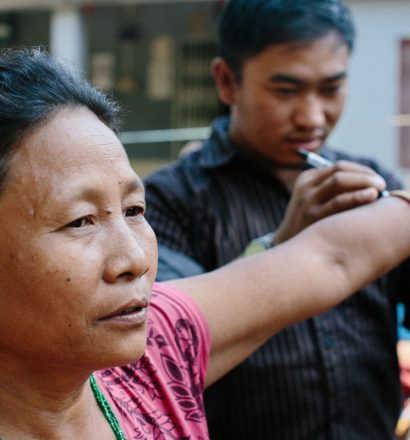
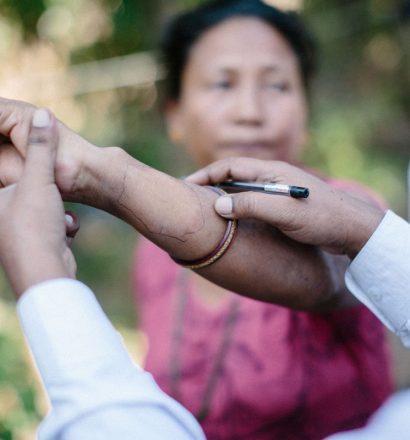
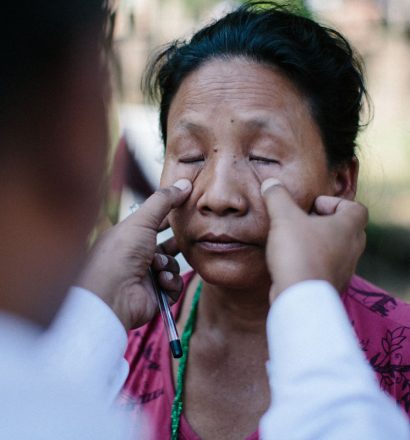
The project’s multi-centre research programme uses a new, more robust preventive chemotherapy regimen combined with innovative approaches to intensify leprosy case detection. Amongst these approaches are epidemiological mapping and context-specific educational messaging countering stigma.
The project will work with university, governmental and non-governmental partners in these three countries to generate scientific evidence of the effectiveness of the PEP++ regimen and approach. Together with international partners in ILEP and the Global Partnership for Zero Leprosy, we plan to convince public officials, the World Health Organisation (WHO), ministries of health and investors to use the results of this trial to accelerate our progress towards stopping transmission.

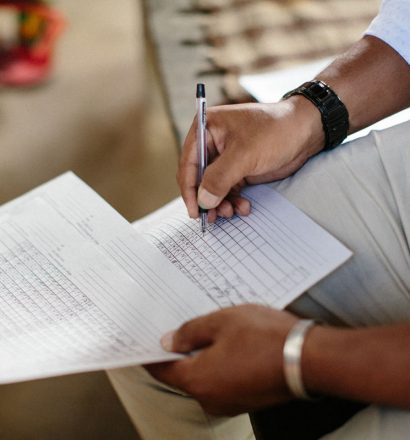

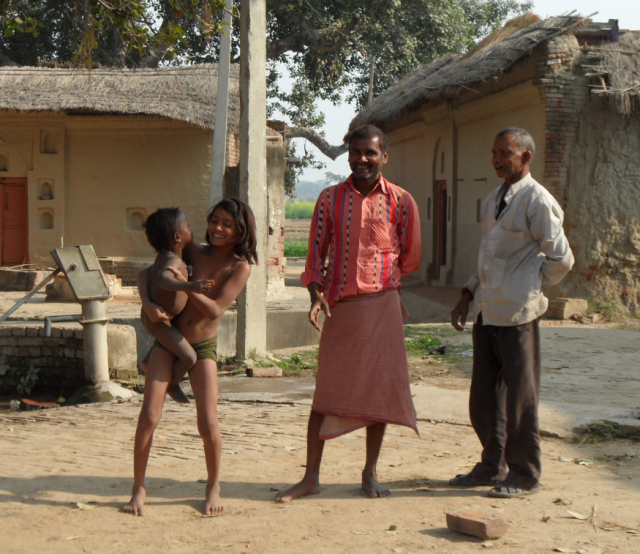
Project update
The improvement of local knowledge and perceptions of leprosy are essential strategies to reduce stigma and promote early case detection in leprosy. The Stop the transmission of leprosy! project aims to contribute to this by implementing an enhanced ‘package’ of leprosy control measures in all study areas. Community education and behavioural change (CEBC) interventions are a key part of this ‘package’. The aim is to raise awareness and improve knowledge about the social impact of the disease and to facilitate behavioural change. We believe this is a necessary step for successful introduction of and adherence to post-exposure prophylaxis interventions.